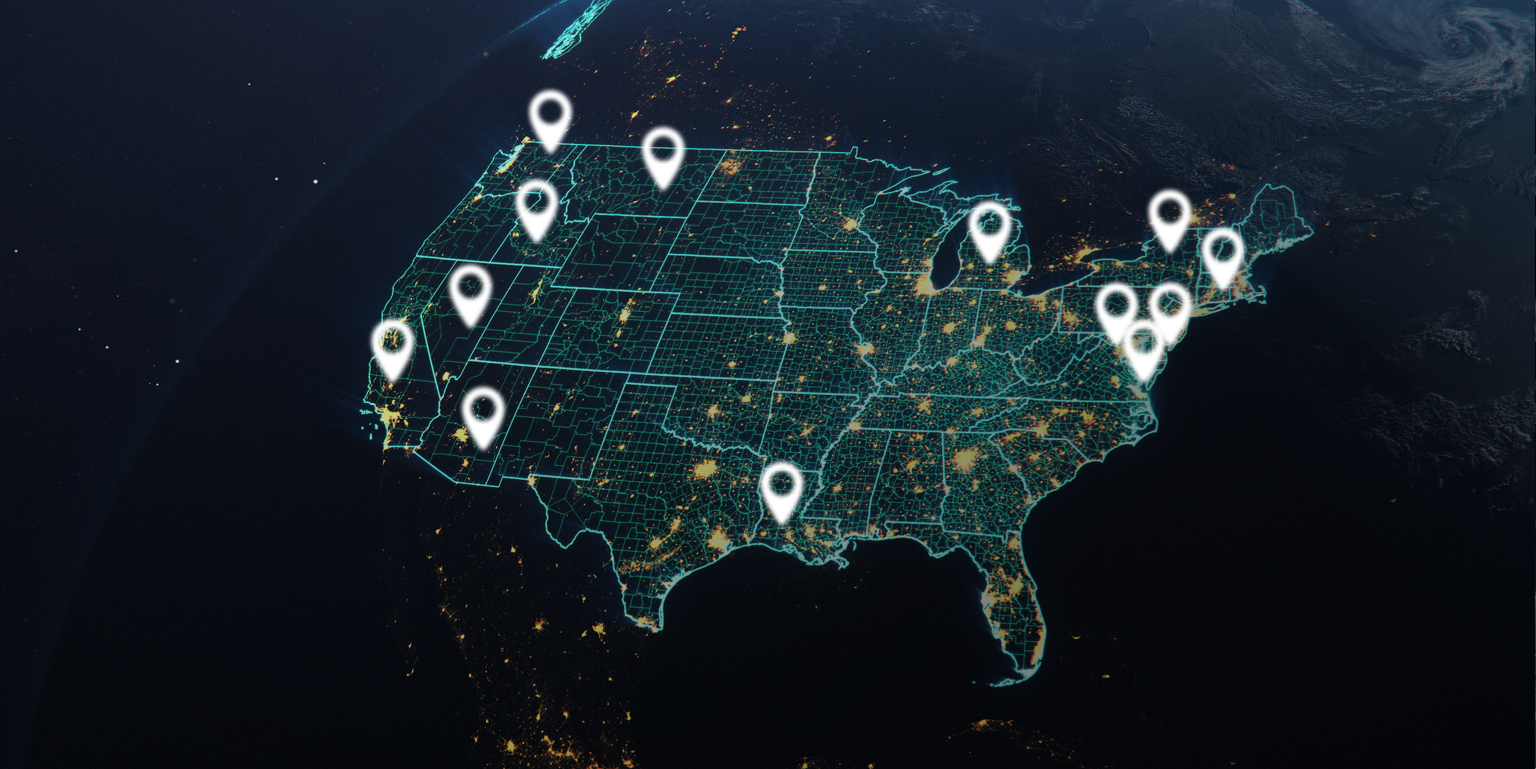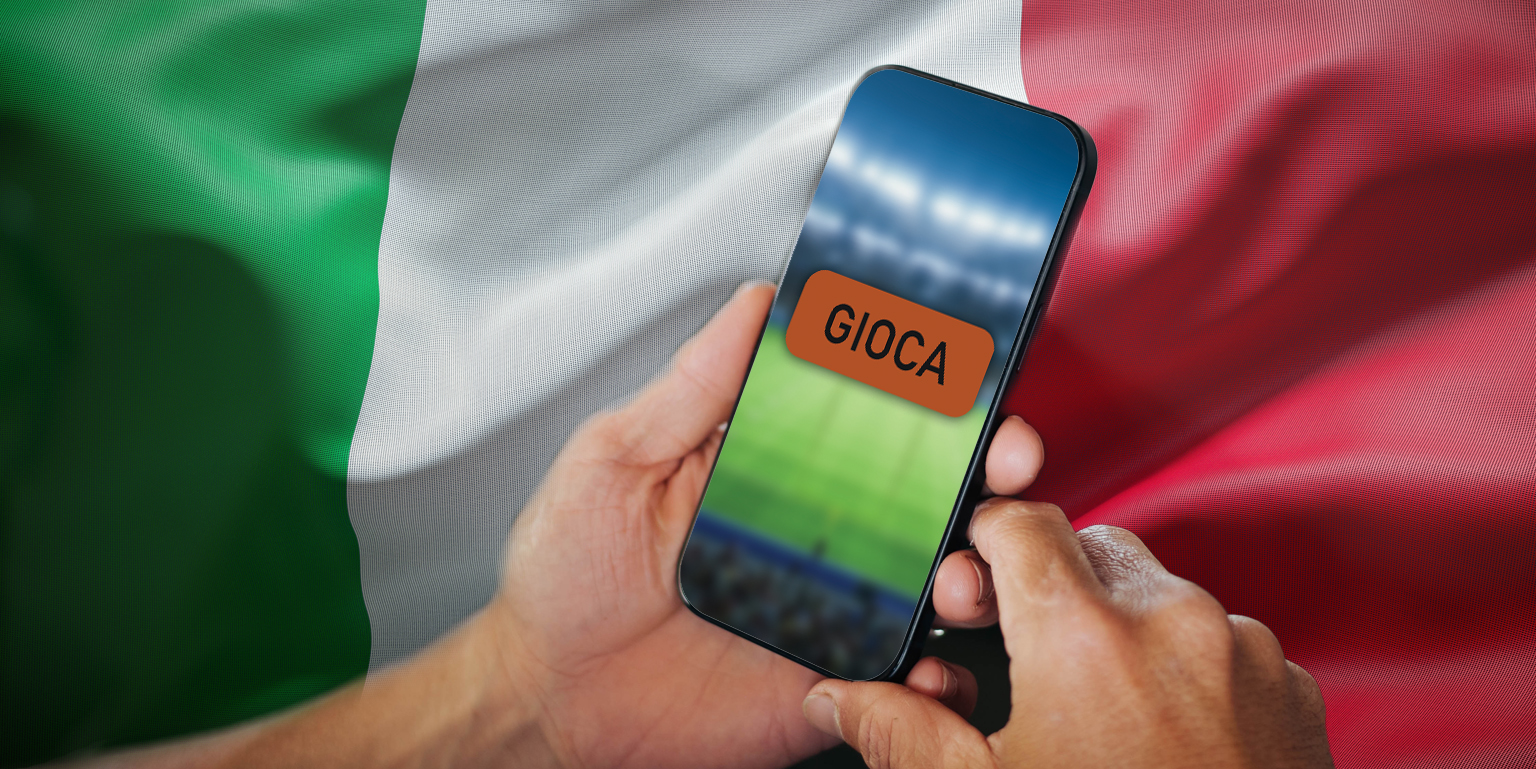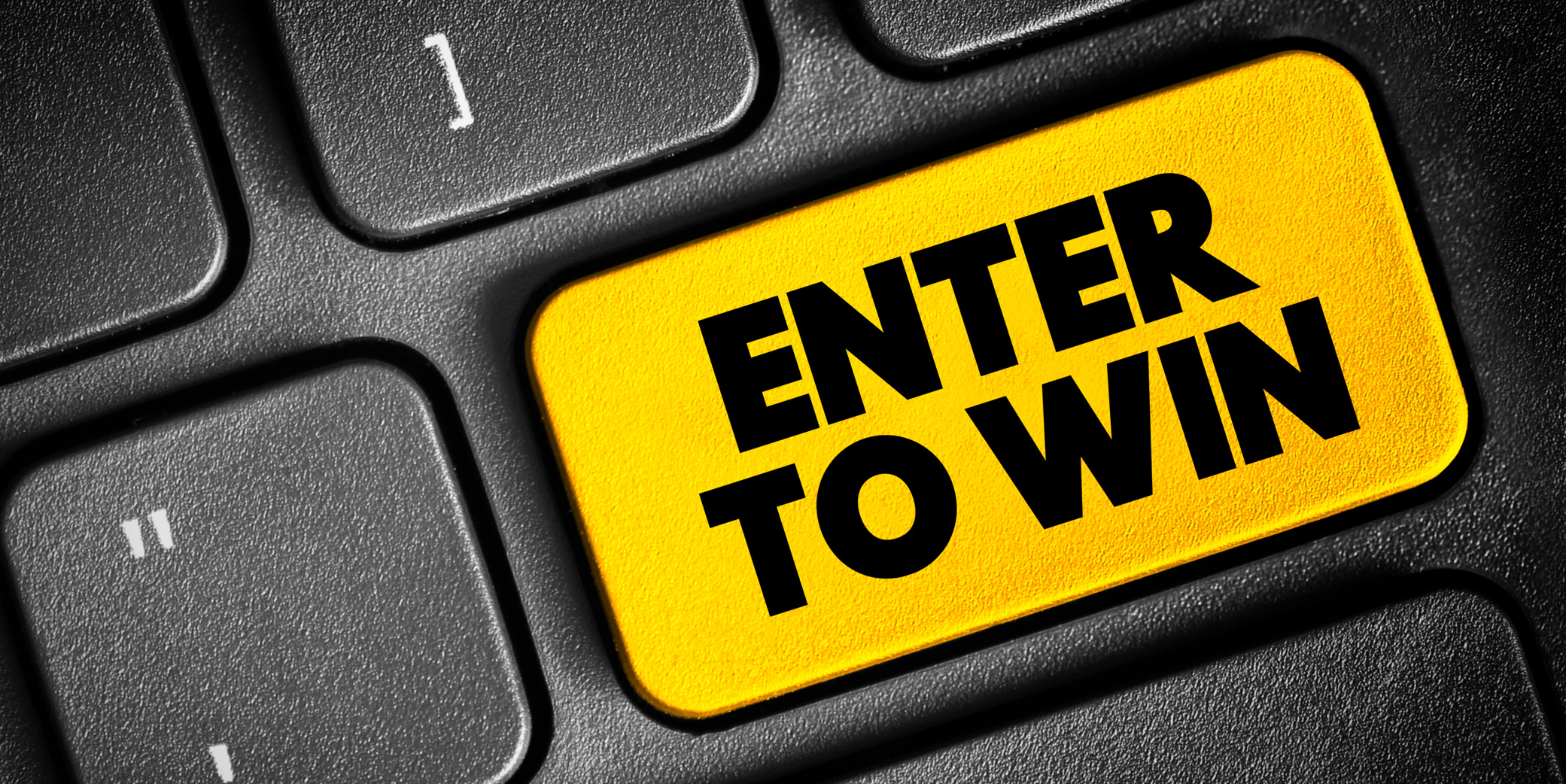Why Are Pro And Collegiate Teams Embracing Sports Betting?
October 28, 2022

How Has Sports Betting Changed?
Unlike gaming in a Casino, Sports Betting is considered a game of skill and not a game of chance. Sports fans can harvest such a great understanding of their team that predicting the correct results is less reliant on chance than placing everything on black. Famously, former Attorney General Loretta Lynch argued that Sports Betting requires skill.
Professional and collegiate sports are hugely popular in the United States and Canada, and indeed around the world. Millions of fans watch and follow their favorite teams, feeling the high of every win, and the low of every loss. Many of these fans want to wager a bet on the outcome of games, perhaps picking the winner or the number of touchdowns scored. While Sports Betting has always been popular in the United States until recently the majority of gambling has been illegal. The trend to legalize Sports Betting in the United States is building upon a well-established Sports Betting industry that generates $3 trillion globally each year.
Are There Leagues Offering Sports Betting Today?
The most popular leagues allowing legal Sports Betting are, the National Football League (NFL) and College Football, National Basketball Association (NBA) and College Basketball, and the National Hockey League (NHL) and Major League Baseball (MLB), each with varying popularity and profitability. But the list isn’t just restricted to leagues in the United States or Canada. Internationally, football (soccer), cricket, rugby, and other popular leagues around the world have been on the Sports Betting bandwagon before them.
The NBA has a huge following both inside and outside the United States and is considered to be the third most popular for Sports Betting in the world, after Cricket and Tennis. The men’s National Collegiate Athletic Association (NCAA) march madness tournament is estimated to have nearly more than $3 billion wagered upon in 2022.
College Sports are also very popular, with College Football Playoffs drawing betting volumes that are comparable to professional leagues. However, the NFL is the most popular sports league for betting in the United States, with the Super Bowl unsurprisingly drawing the biggest volume of bets. Since 2018, legalized Sports Betting has become popular across the United States with plenty of choices for betting.
What Is The Structure of Legal Sports Betting?
There is a greater urgency to clamp down on illegal Sports Betting and encourage use of technology to make legal and safe Sports Betting available in jurisdictions that permit it. With the trend for legalized Sports Betting accelerating, the American Gaming Association is keen to uphold the integrity of sports competition with smart and efficient regulations.
Many types of sportsbooks exist for Sports Betting in the United States, with Fixed Odds, Parimutuel, and Exchange being the most prevalent.
Why Are Leagues And Teams Involved In Offering Sports Betting In 2022?
Significant changes are seen in who is offering Sports Betting recently. Starting in January 2021, the first Sports Betting license was given to the NFL’s Washington Football Team. This was followed quickly by the state of Arizona passing legislation to allow all major in-state teams to control access to online betting licenses. A shift is seen away from traditional bookmakers to the League Teams themselves.
The popularity of the online gaming culture has been influenced by mobile technology. Major teams and leagues can now easily develop their mobile applications to take advantage of the popularity of the sport and fans may be much more likely to conduct Sports Betting with their team, a brand that they implicitly trust.
In the United States, Sports Betting is legal in 30+ states and the District of Columbia at the time of this writing, and technology plays an important role in keeping the games legal and safe. For example, geolocation technology is being applied to assure only users located in authorized jurisdictions are able to place a bet. This helps with Mobile and Internet Gaming Compliance which makes Sports Betting much more appealing to the Leagues, Teams and local authorities involved – not to mention most bettors as well.
When Did The Movement to Legalize Sports Betting Start?
The United States has been relatively slow to embrace Legalized Sports Betting. On the other hand, this is big business in the United Kingdom and Europe. This is due to complicated state and federal rules. In 1992, a federal law known as the Bradley Act (PASPA) was passed by George H W Bush banning Sports Betting on Professional and College Sports in all states except Nevada.
In 2011, the state of New Jersey initiated a significant challenge to this law, arguing that Congress had “exceeded its authority”. The state initially failed in its bid to overturn the law but in May 2018 the Supreme court overturned the ruling in a landmark case.
How Are Leagues Dealing With Legalized Sports Betting?
Initially, the major leagues were extremely cautious of Legalized Sports Betting. In particular, the NFL was reluctant to embrace it due to its perceived effect on the integrity of the sport. Teams however embraced the change and the Leagues and Fans quickly changed their viewpoint.
Large swathes of the United States have either legalized Sports Betting or are in the process of legalizing it. Momentum is now with the Sports Betting movement with 46.6 million Americans planning to wager on 2022 NFL season. It will be interesting to see how the industry handles states that still object to the movement, such as Texas.
What Is Allowed?
A large number of betting options for fans are allowed. There are two primary divisions of betting, In-Game, and On-Game Sports Betting. As sports vary, the type of bets can change, but On Game always focuses on the result while In-Game focuses on the details of play.
On-Game wagering is when the fans bet on the result of the game, the winner, the loser, the top 3 finishers, and so on.
In-Game wagering is when fans make a bet on a game after the game has started, betting on plays within the game. In-Game does not focus on the result, but instead, fans bet on how many touchdowns the team will score, the outcome of a pitch or runs in an inning, and so on. In-Game betting often has thousands of available bets delivered by online sites and gaming apps.
How Do Leagues And Operators Ensure Legal And Verified Sports Betting?
To ensure the legality of Sports Betting it is vital that bets are placed by users that are present in the authorizing state and on a gaming platform licensed by the relevant jurisdiction. Despite more and more countries, states and provinces legalizing Sports Betting, there is a technical need to ensure the bet is made within regulated boundaries. Geolocation services empower the Sports Betting service provider to comply with regulations governing the user’s allowed location.
Each Sports Betting company is carefully regulated by state gaming boards that include extensive requirements such as identity and age verification, assuring gaming integrity, and location verification. Sports Betting companies need to be on the look for players hiding their identity or masking their location by using a VPN, anonymizers or other well-know practices. Measures to maintain such practices may include blacklisting known bypass proxies, anonymizers or VPN services, checking for the use of stolen or fake identities, and verifying a player’s source of funds.
To be compliant in allowing a wager, location compliance services are typically provided by a geolocation service provider platform.
Follow the money!
For states, Sports Betting is about extra jobs and greater tax revenues. There is no doubt that for businesses legal Sports Betting is about increased revenues. It has been suggested that the four major US professional sports leagues, NBA, NFL, NHL, and MLB have collectively earned billions (per year) since Sports Betting was legalized.
The State of New Jersey alone oversaw a wagering handle of roughly a billion dollars a month from Sports Betting in 2021.
Every major league has partnerships with sportsbooks and data companies, and there is no doubt that the global Covid-19 pandemic increased the popularity of Sports Betting as fans couldn’t get to the game – and were hungry for more action! There are no signs of that popularity waning any time soon. We expect to see more leagues and teams entering the Sports Betting industry to harness the money that fans are willing to wager on official and 3rd party Sports Betting apps.
About Locance
Locance is the leader in geolocation compliance for gaming and lottery. We have helped global operators in the US, Canada and Europe to verify user transactions and get the “green light” to place wagers and enjoy their mobile gaming experience.
Learn how Locance helps with Internet Gaming Compliance and grab our Mobile Gaming Product Brief.
Find out how our customers get compliant with geolocation regulations. Read our White Paper on Gaming Geolocation Best Practices.








